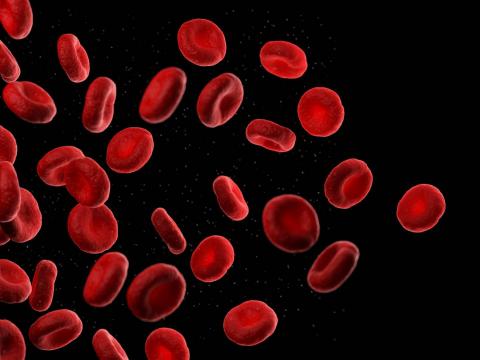Cells ‘remember’ obesity through epigenetic changes, which could explain the ‘yo-yo effect’
Adipose tissue retains a ‘memory’ of obesity through cellular transcriptional and epigenetic changes that persist after weight loss, which may increase the likelihood of regaining weight, experiments in human and mouse cells show. The findings, published in Nature, could help explain the problematic ‘yo-yo effect’, the rapid weight rebound often seen with dieting.

José Ordovás - memoria células obesidad EN
José M. Ordovás
Director of Nutrition and Genomics at Tufts University in Boston (USA), member of IMDEA-Alimentación (Madrid) and CIBEROBN (Carlos III Health Institute)
This study is of high quality and employs advanced techniques such as single nucleotide RNA sequencing and epigenetic profiling to reveal that obesity induces persistent epigenetic and transcriptional changes in adipose tissue, even after significant weight loss. It aligns well with existing knowledge on the ‘yo-yo effect’ and metabolic memory, and provides new insights into how adipocytes retain an obesogenic memory that predisposes people to regain weight.
While the findings are robust and supported by both human and animal data, the study has limitations, including the lack of direct epigenetic analysis in human samples, heterogeneity in human datasets and the absence of long-term follow-up in mice. It does not establish causality between epigenetic changes and weight regain, so further research is needed to confirm the mechanisms.
The real-world implications are significant. The study highlights the biological basis of weight regain, reduces stigma and emphasises the need for long-term supportive interventions. It opens avenues for targeted therapies, such as drugs or epigenetic editing, to ‘reset’ adipose tissue memory and improve weight loss maintenance. Personalised weight management strategies could be based on an individual's genetic and epigenetic profile, while public health policies could prioritise prevention and early intervention to prevent the establishment of an obesogenic memory.
Despite challenges such as cost and ethical concerns, this research provides a basis for innovative approaches to obesity management, integrating molecular findings with existing clinical practices to address the global obesity crisis.
von Meyenn et al.
- Research article
- Peer reviewed
- People
- Animals



